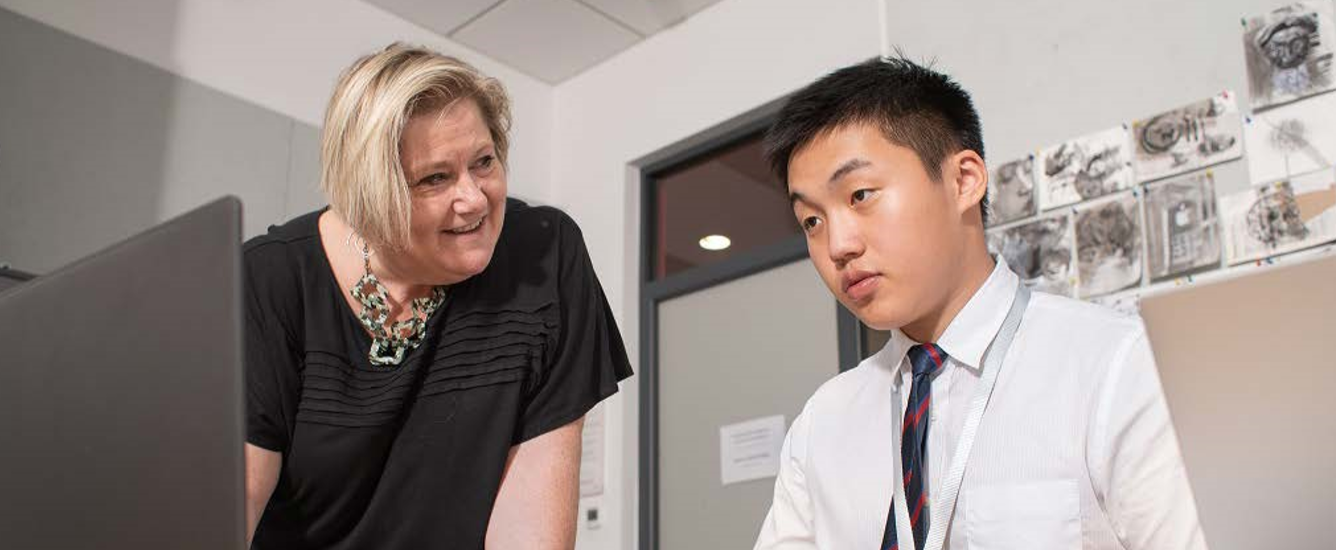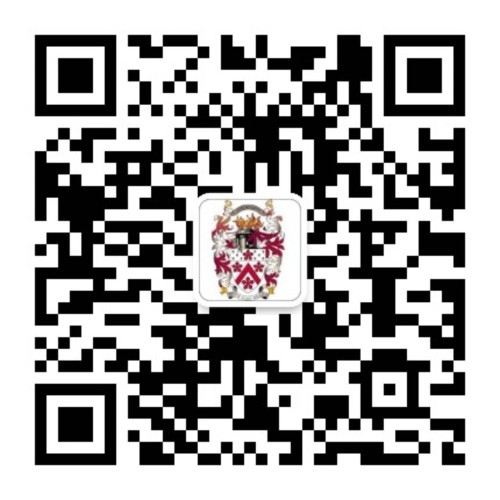A-Level Art
A-Level ART
Edexcel Fine Art (8FA01) Edexcel Graphic Communication (8GC01)
Entry Guidance
This course is offered to students who achieve at least a B grade at IGCSE Art and Design. Students who have not taken IGCSE Art and Design will be considered, but should first meet with the Head of Art to discuss their previous work and future intentions in the subject. They will be required to complete work over the summer holiday in advance of the course.
Two pathways are offered. Students should indicate their preferred pathway on the options form.
The A-Level Fine Art pathway teaches students about key methods and principles of Fine Art with particular reference to the 20th century. Painting, collage, printmaking and assemblage are the main focuses of this pathway. This course is ideal for anyone interested in pursuing more personal creative aims, possibly with a long term view of studying a Fine Art subject at university.
The A-Level Graphic Communication pathway introduces students to a variety of experiences exploring a range of traditional studio and digital technologies. Students explore a range of disciplines including illustration, advertising, packaging design and typography. There is a strong emphasis on experimentation and image-making on this course. This course is ideal for students who are interested in working in response to a brief, concept or idea and for intended audiences.
What the course leads to
A-Level Art and Design is recognised by universities and employers as proof of knowledge and understanding of art and design principles and practice. There are many careers for which art and design will be essential, such as careers in graphic design, fashion design, architecture, fine art, interior design, textile design and many others.
Course Aims
The course aims to develop in students:
- Intellectual, imaginative, creative and intuitive capabilities
- Investigative, analytical, experimental, practical, technical and expressive skills
- Aesthetic understanding and critical judgement
- Independence of mind in developing, refining and communicating their own ideas, their own intentions and their own personal outcomes
- Experience of working with a broad range of media
- An understanding of the interrelationships between art, craft and design processes and an awareness of the contexts in which they operate
- Knowledge and experience of real-world contexts and, where appropriate, links to the creative industries
- An awareness of different roles, functions, audiences and consumers of art, craft and design
Students will also gain life-long skills, including:
- Cognitive skills: non-routine problem solving, systems thinking, critical thinking & ICT literacy
- Interpersonal skills: communication, relationship-building skills, collaborative problem solving
- Intrapersonal skills: adaptability, self-management and self-development
Course Content
Students will complete a short Foundation Course at the beginning of Semester 1, aimed at quickly bridging the gap between IGCSE and A-Level, as well as giving them a solid starting point for their coursework. They will also be taught to purposefully annotate and record the progress of their work in a specially designed sketchbook. It is expected that pupils will use a range of techniques and processes and be prepared to take risks.
Course Assessment
There are two assessed components, each contributing 50% towards the A Level.
Personal Investigation: developed from personal starting points, students complete supporting studies and practical work to create a portfolio of developmental work and outcomes.
Externally Set Assignment: preparatory studies will comprise a portfolio of practical and written development work based on the Externally Set Assignment. During the 10–hour period of sustained focus under examination conditions, students will produce final outcome(s) extending from their preparatory studies in response to the Externally Set Assignment.
Opportunities for Enrichment
The art department studios are open to art students under supervision during lunchtimes, as well as by appointment after school. Support is also provided to Year 13 pupils in the completion of portfolios for university and art college application. Current CCAs include photography and art and design history. The academic year culminates with a high profile exhibition in a purpose-built gallery of some of the year’s best work.






